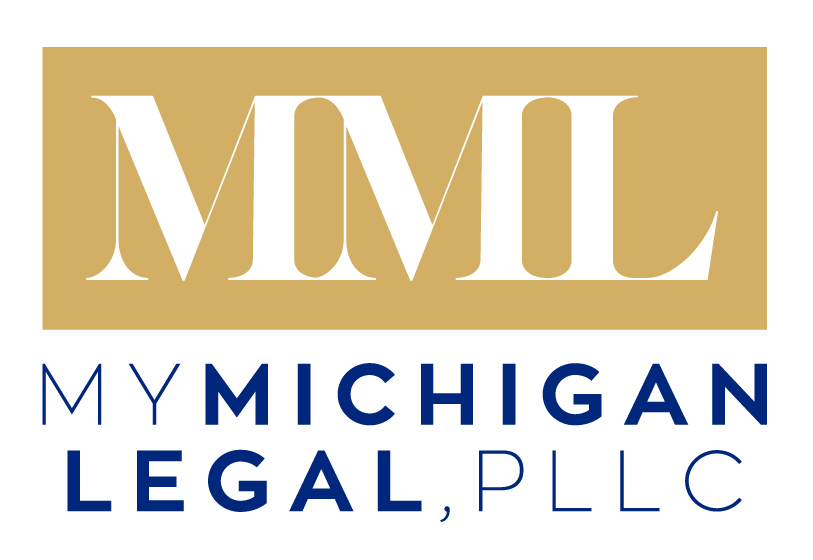OWI/DUI
OWI/DUI EXPLAINED
While the term DUI or driving under the influence is commonly used to refer to drunk driving, in the state of Michigan DUIs don’t technically exist. In Michigan, a drunk driving charge is known as an “OWI” or “operating while intoxicated.” The term DUI is popularly used in television and movies due as a drunk driving charge in California is known as a DUI. While OWI is technically the correct term for a drunk driving charge in Michigan, you will routinely find DUI and OWI used interchangeably, both on this website and many others.
OWIs can be charged in several different ways depending on the history of the driver, whether an accident occurred, and whether anyone was put in danger or harmed. A driver’s Blood Alcohol Content (BAC) is an indicator of the level of intoxication of the driver and is also important in determining the appropriate DUI/OWI charge.
Operating While Intoxicated (OWI) - .08 BAC or Higher
This is the most common type of OWI charge. A conviction can result in up to 93 days in jail. You will also face a 30-day suspension of your driver’s license followed by 150 days of having your license restricted license generally only allowing you to drive to work, school, and court-related locations. 6 points will be added to your driver’s license and you can face additional fines, costs, and other sanctions by the court such as probation.
Operating While Intoxicated 2nd Offense - .08 BAC or Higher
A conviction can result in a mandatory minimum of five days and up to one year in jail. If you are convicted of two OWIs within 7 years, then your driver’s license being will be revoked by the Secretary of State. You will also be assessed 6 points on your driver’s license and face additional fines, costs, and other sanctions by the court such as probation.
Operating While Intoxicated 3rd Offense or Subsequent - .08 BAC or Higher
A conviction can result in a mandatory minimum of 30 days in jail and up to five years in prison. Your vehicle can be forfeited by the court, and you can be fined up to $5,000 and be required to complete up to 180 days of community service. Your driver’s license will also be revoked if it is valid.
Operating While Visibly Impaired (OWVI) – Can Be Under .08 BAC
A conviction can result in up to 93 days in jail. You will also face 180 days of having your driver’s license restricted generally only allowing you to drive to work, school, or court-related locations. You will be assessed 4 points on your driver’s license and face additional fines, costs, and other sanctions by the court such as probation.
Operating While Intoxicated High BAC (Super Drunk) - .17 BAC or Higher
A conviction can result in up to 180 days in jail. You will also face a one-year suspension of your driver’s license. You will be assessed 6 points on your driver’s license and face additional fines, costs, and other sanctions by the court such as probation. Drivers may be eligible to install an interlock device in their car allowing them to drive after 45 days upon approval from the court.
Operating While Intoxicated Causing Serious Injury - .08 BAC or Higher
A conviction can result in up to five years in prison. You will also face a minimum fine of $1,000 and a maximum fine of $5,000. Your vehicle can be forfeited and immobilized by the judge.
Operating While Intoxicated Causing Death - .08 BAC or Higher
A conviction can result in up to fifteen years in prison. You will also face a minimum fine of $2,500 and a maximum fine of $10,000. Your vehicle can be forfeited and immobilized by the judge.
Operating While Intoxicated Causing Death of an Emergency Personnel - .08 BAC or Higher
A conviction can result in up to 20 years in prison. You will also face a minimum fine of $2,500 and a maximum of fine of $10,000. Your vehicle can be forfeited and immobilized by the judge.
Operating While Intoxicated Causing Child Endangerment - .08 BAC or Higher
A conviction results in a mandatory minimum of one year in prison and a maximum of five years upon conviction if you have two prior OWI-related convictions. You will also face a minimum fine of $500 and a maximum fine of $5,000. Your vehicle can be forfeited and immobilized by the judge.
Operating While Intoxicated Zero Tolerance/ Minor BAC - .02 to .07 BAC & Under 21
There is no jail time for this offense. Your driver’s license will be restricted for 30 days and four points will be added to your driver’s license. You can also face additional fines, costs, and other sanctions imposed by the court.
If you have been arrested or charged for any of these OWI-related offenses, then it is critical to speak to an experienced OWI defense attorney immediately.
PENALTIES FOR DRIVERS WITH OUT-OF-STATE DRIVERS’ LICENSES
Out-of-state drivers may face penalties on their driver's license for an OWI conviction in Michigan. If you have a driver's license from another state, it is important to understand what types of consequences you may face if you are convicted of an OWI. The Driver’s License Compact (DLC) is an agreement between states to report when a motorist commits a driving infraction. The idea of the DLC is that people cannot hide from penalties of an infraction in another state. Most, but not all states are part of the DLC; Georgia, Wisconsin, Massachusetts, and Tennessee are not part of the DLC. If you have an out-of-state driver’s license and are facing an OWI charge, then it is important to understand what penalties you may face in your home state.
LEGAL DEFENSES TO OWI CHARGES
Effectively defending an OWI requires a thorough analysis of the case and the facts at hand. In some cases, it is best challenge the police officer’s decision-making and conduct during their interaction with you; in other cases, it is best to challenge the scientific evidence against you which alleges that your blood alcohol level was above the legal limit. To convict you of an OWI, a prosecutor must prove that your driving was impaired due to the use of alcohol or controlled substances. It is important to understand what your best defenses are to give yourself the best chance for success when facing an OWI-related charge. Once you speak to an experienced criminal defense attorney, you will better understand the strengths and weaknesses of your case and can then make the best decisions about how to proceed.
THE MY MICHIGAN LEGAL DIFFERENCE
To be convicted of an OWI, the prosecutor must show that you were operating a vehicle while intoxicated due to the use of alcohol or controlled substance. Has there been a mistake? Were you even legally operating the vehicle? What is the other side of this story? To present your best defense, these are just some of the questions you will have to answer. At My Michigan Legal, we pride ourselves on not limiting your defense to simply trying to explain the prosecutor’s version of events. We defend cases by going on offense, by advancing your version of events backed up by our in-depth investigations and sound legal research.
WHAT IF I HAVE MORE QUESTIONS?
If you or someone you love is facing an OWI-related charge, then you will likely have a number of questions. Finding a website like this one can be a great resource, but it is not a substitute for the advice of an experienced criminal defense attorney. If you have questions about your situation, then contact us at My Michigan Legal today.


